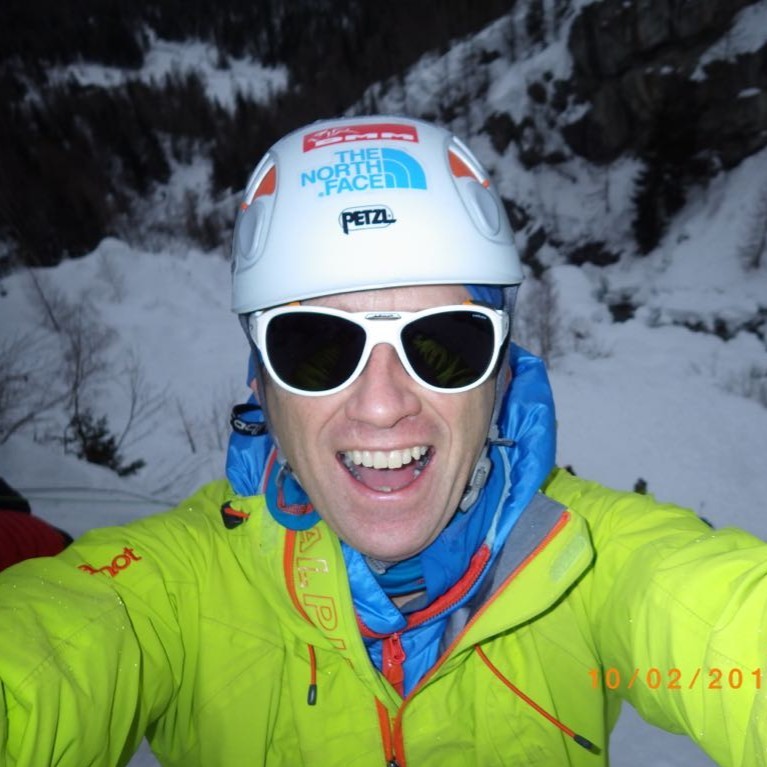Dan Rogers, would you like to introduce yourself and share a little about your background?
My name is Dan Rogers. I grew up in Worcestershire and went to Exeter University where I read Music. This culminated in my being in a band that was so bad, we called ourselves ‘Ragged Edge’ – an apt description! My wife is a Consultant Occupational Therapist who specialises in treating people suffering from Chronic Fatigue Syndrome, and we have two grown-up sons. In my career at Hays, I have done a wide variety of roles from recruiting to managing regions and specialisms. My latest role is working as part of a senior-level project team whose purpose is to make sure Hays are at the forefront of using new tech in the recruitment industry.
You first became aware of Astriid after hearing Steve speak at an event. What was it in particular that made you feel compelled to get involved?
I am a firm believer that all of us can do something to make other people’s lives better and make a positive contribution to society. It was clear that my 22+ years with Hays meant I had lots of very relevant recruitment experience that could benefit Astriid, and I was very struck by Steve’s presentation – getting involved with Astriid was an obvious step to take.
There’s never been a more crucial time for businesses to consider their recruitment practice and consider more creative approaches. Why do you think this is so important for forming a diverse and talented workforce?
This is a big question so where do you start?! A truly diverse workforce has an enormous range of benefits, such as encouraging greater creativity and innovation, having a better understanding of customers and attracting and retaining top talent. Diverse teams make better decisions and simply perform better.
In my view, this is Astriid’s time. In the current recruitment market, which is rife with gaps in particular skills, the candidates Astriid represents can be of huge value to employers. If they are prepared to offer a degree of flexibility and enable these talented people to get back into work, then both parties can reap the benefits.
As well as matching people with accessible work opportunities, it’s important that employers and prospective employees are upfront and realistic about prioritising wellbeing in the workplace. How do you think we could encourage good practice in this area?
We have an opportunity to demonstrate to employers how having wellbeing front and centre in the workplace will help them attract and retain top talent. The competition to hire has never been more fierce. Candidates are actively looking for employers who take their welfare seriously. If you can’t tell your story in a compelling way that gets this message across, many candidates will simply not apply. Prioritising welfare and being a flexible employer means it is easier for employers to attract and hang on to their talented people.
And finally, Dan, we know that you’re a keen mountaineer and fundraiser. You’ve raised a remarkable amount for deserving causes. What drives you to keep going and lend your time and skills to others?
I am absolutely passionate about mountaineering. Being a Mountain Leader, I am in the privileged position of enabling people to achieve things they never thought possible. I have taken groups of all ages and abilities walking extensively in Snowdonia, Dartmoor, the Lakes and the Peak District. Seeing their joy at experiencing the mountain environment is all the reward I need!

